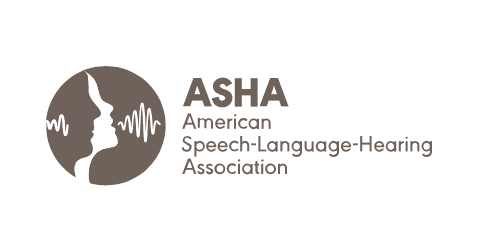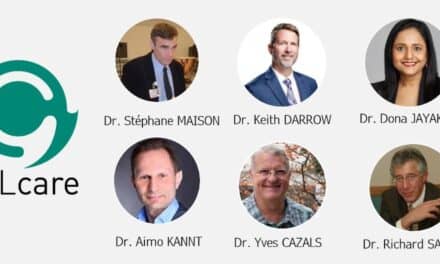Summary: ASHA renewed its Non-State Actor status with the Pan American Health Organization (PAHO), continuing its collaborative efforts to enhance communication disorder services in Latin America and the Caribbean.
Takeaways:
- Continued Collaboration and Impact: ASHA will maintain its collaborative efforts with PAHO for another three years, focusing on strengthening the capacities of professionals and institutions in Latin America and the Caribbean to address communication disorders.
- Achievements and Progress: Through its partnership with PAHO, ASHA has already facilitated significant advancements, including the graduation of students in communication disorder programs in countries like Honduras and Guyana, marking important milestones in local capacity building.
- Future Goals and Commitments: Looking ahead, ASHA plans to continue providing technical assistance and raising awareness about the gaps in service availability for communication disorders within the PAHO region, ensuring ongoing support and improvement in treatment and care.
The American Speech-Language-Hearing Association (ASHA) renewed its status as a Non-State Actor (NSA) in Official Relations with the Pan American Health Organization (PAHO), the Regional Office for the Americas of the World Health Organization (WHO).
The granting of this special status is the result of an exhaustive analysis undertaken within the Framework of Engagement With Non-State Actors, the association says. The status, which applies for three years, will allow ASHA to continue its work with PAHO, strengthening the knowledge and building the capacity of Latin American and Caribbean professionals and institutions addressing communication disorders in the areas of hearing, speech, language, and swallowing.
The History of ASHA and PAHO
PAHO first conferred this status on ASHA more than a decade ago, although the term then was “Non-Governmental Organization (NGO).” Subsequently, PAHO replaced “NGO” with “Non-State Actor (NSA)”—a change only in terminology. It did not impact the nature of ASHA–PAHO’s collaborative work, and ASHA continued to participate in high-level PAHO and WHO meetings.
“We are excited about the opportunity to continue our collaboration with PAHO and feel honored to have worked with the countries we have, assisting them in establishing strong foundations for delivering comprehensive services for treating communication disorders,” says Tena L. McNamara, AuD, CCC, ASHA President for 2024.
Further reading: ASHA Highlights Untreated Hearing Loss for World Hearing Day
Scope of the ASHA–PAHO collaboration
As of today, the ASHA–PAHO collaboration has conducted support in six countries: Honduras, El Salvador, Guyana, Paraguay, Belize, and Ecuador. In each collaboration, the ASHA members of an ASHA–PAHO ad hoc committee have collaborated with key stakeholders to develop a sustainable project that supports individuals who have communication disorders.
Among the more recent achievements:
- In Honduras, 24 students graduated as phonoaudiologists at the Universidad Nacional Autónoma de Honduras (UNAH) for the first time ever in June 2023. Forty-seven more students will graduate by next year.
- In Guyana, 16 students graduated from the SLP/Audiology program at the University of Guyana.
Looking ahead through the end of 2026, the overall objective of the ASHA–PAHO collaboration will be to continue on its original mission with these specific objectives:
- ASHA–PAHO will continue providing technical assistance to selected countries by appointing ASHA content experts to serve on ASHA–PAHO ad hoc committees.
- Through analysis of country data on communication disorders, ASHA will improve awareness of gaps between needs and service availability in the areas of audiology and speech-language pathology in the PAHO region.
“We are committed to doing all we can to ensure that the ASHA–PAHO collaboration continues to be successful and impactful,” ASHA President McNamara says. “We look forward to working with PAHO and the countries that will be involved. Of course, we are very proud and grateful for the important work already done by ASHA members and anticipate more to come in the years ahead.”





